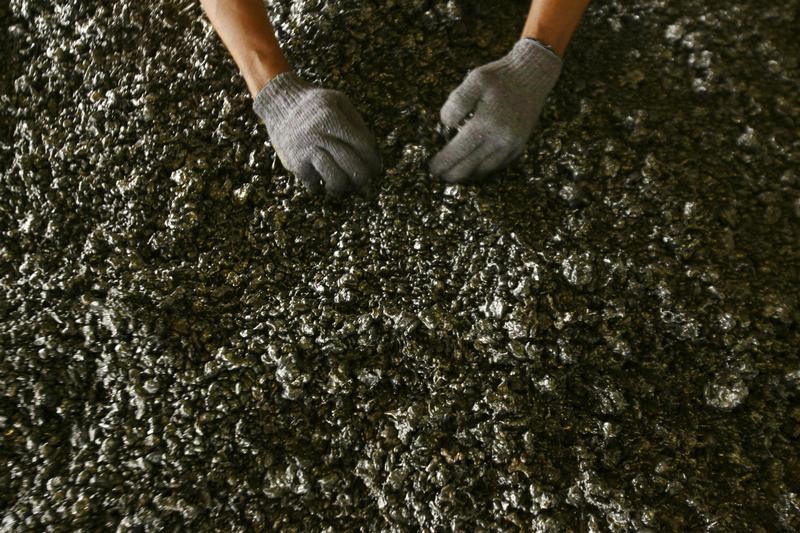(Bloomberg) -- Nickel and Tin fell sharply in London as China’s power crisis spread from factories to residents, adding risks to supply chains, demand and the economic recovery.
Residents in several northern provinces have already been dealing with blackouts, while traffic lights are being turned off, causing chaos on the roads in at least one major city. That shows how quickly the country’s power crisis is escalating, adding the risk of social instability to an economic slowdown and global supply chain disruptions.
Economists at Nomura Holdings (NYSE:NMR) Ltd. and China International Capital Corp. have downgraded their growth forecasts as electricity shortages force businesses to cut back on production. The power crunch in the top metals consuming country has already caused supply losses at metal smelters, fabricators and steel mills in the past few months.
“Tin supply has been impacted by power control measures several times already this year,” the International Tin Association said on its website. “What has been surprising in this round of restrictions is the effect on tin demand.”
Nickel prices were under pressure as the energy crisis is curbing output at stainless steel mills and power restrictions may tighten further into the fourth quarter, brokerage CICC said in a note on Monday.
For Aluminum, the power curbs have thus far had a far greater impact on supply, helping fuel the metal’s rally to the highest level since 2008 earlier this month.
“Aluminum is a commodity now facing a stagnant supply profile,” Goldman Sachs Group Inc (NYSE:GS). analysts said in an emailed note on Monday. “Given an already robust demand profile with some reinforcement from green channels, these fundamental trends point to an era of structural tightness and price strength.”
Nickel fell as much as 2.9% to $18,820 ton on the London Metal Exchange before trading at $18,950 as of 10:39 a.m. local time. Tin dropped 4.2% to $35,000 a ton, tumbling from a record high struck last week. Aluminum traded little changed, while copper climbed 0.6%.
